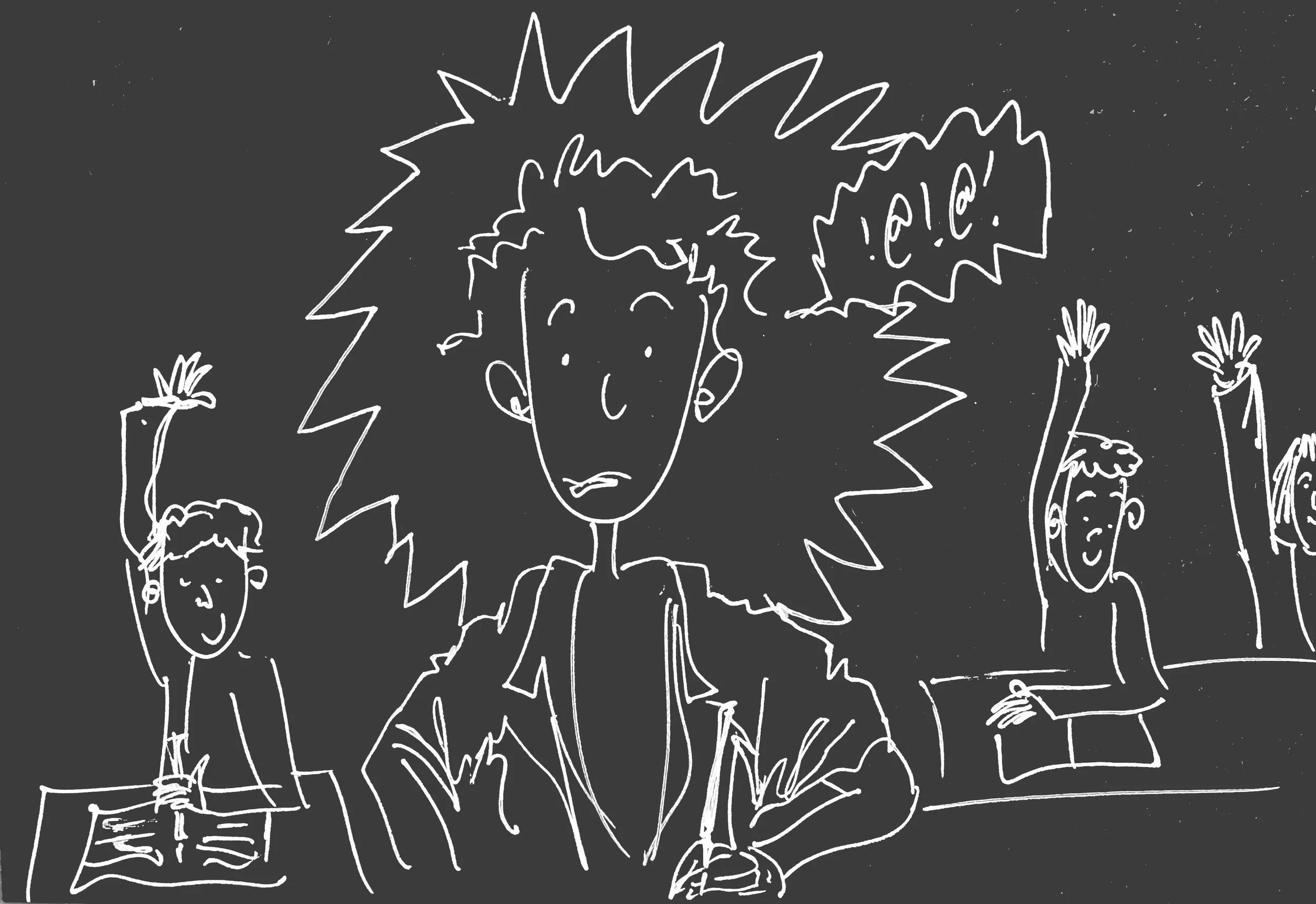Chain-gang All-Stars review: streaming-culture satire meets death-match league
This violent and arresting Dystopian thriller by Nana Kwame Adjei-Brenyah, explores a world where inmates in the American Prison System can opt to (or be forced to) enter the ‘CAPE’ program (criminal action penal entertainment program), exchanging their sentence to fight in a series of live-streamed ‘death-matches’ against other convicts in a bid to secure their freedom.
Designed in a league with tiered status, associated kudos, food privileges and ‘blood money’ awarded based on the number of kills committed, the ‘players’ are incentivised to work their way up and survive a brutal system, buying better weapons, making alliances and ultimately striving for release by defeating all other champions in the series to reach the highest level ‘Ultimate Freed’. The odds are, naturally, stacked again them. Not only do the death-matches pose fatal risk but players must also navigate survival in their down-time within their teams or ‘chain-gangs’. New recruits opt to join a particular ‘chain-gang’ based on the success and status of their current players and the writer contrasts the differing psychological approaches and cultures of these microcosms to great effect. With alliances fraught but necessary, the author explores the desperate measures people will go to to survive and the need for strong, visionary leadership when navigating a corrupt system. Two central characters in the novel are Hurricane Staxxx and Loretta Thurwar. As the plot progresses we get to grips with their backstories and follow their relationship as two of the most successful and famed all-stars in the series.
Many players do not start on an equal footing entering the games. Some are gravely injured, some have lost a sense of their identity and some have lost limbs. Some are fleeing silent colonies in a bid to reclaim their voice whilst others have been tortured with an ‘Influencer’ pain serum - administered to ensure submission and participation when sign-ups to the league are low. Adjei-Brenyah nods to commercial greed and corruption within the scientific/pharmaceutical space as one scientist’s pioneering, well-intended work to end human pain through her creation of a pain-relieving cure is stilted and defunded by senior managers whilst still in its research stage. Instead, the pain-inducing, unfinished product is seized against her will and harnessed for the prison system’s structural and financial gain.
Upon sign-up to the games, players encounter a ‘spin-the-wheel’ weapon distribution system which radically influences their life-chances. Weapons can later be traded or bought with ‘blood points’ by high-status players, breeding a sycophantic power structure. Tasked with gaining crowd favour and sponsorship through the Marketing of themselves, their ‘specialist’ brutality and personal/Chain-Gang brands, the novel explores the tension between necessity of player ‘buy-in’ despite obvious exploitation from Marketing and Media organisations who have a vested interest in their own commercial gain above all else. The organisations consistently dehumanise and demonise the prisoners in a bid to fuel monetised subscriptions and fandom through behind-the-scenes gated content, whilst enticing mass-viewership through freely available content and streaming of matches. By glorifying those who rise within the system as heroes and ‘all-stars’ to be admired and desired, the novel explores the toxic commercial structures within the system as third-party companies who want the all-stars to be ambassadors for their brands agree to paid advertising, which further funds the system. The writer also explores an activist narrative for those who speak out about its harms.
The novel additionally explores the peer pressure and influence of ‘superfan’ friends and partners through its side-line characters who watch the series at home or live. A moral and ethical atrophy of more hesitant viewers becomes clear as one character becomes increasingly obsessed by and enthralled in the games as a means to connect on some level with her ‘bingewatching’ partner. The tone touches upon violent lust in some parts of the novel as the writer shows how consistent streaming influences societal behaviour. Not only does the constant stream of violent content desensitise viewers, but it even emotionally manipulates them into braying for the blood of some players because they are so heavily invested in the protection and justice of certain other players. It seems there is no escape for the empaths here.
Throughout this fantastical and compelling novel, Adjei-Brenyah highlights injustices in the American Prison System today by weaving in footnotes of real-life case studies of incarcerated people - some guilty and some innocent - to confront and explore widespread injustice and advocate for awareness and change within the system. With funding cuts and crises looming large in an economic downturn today, as a reader you are challenged to think about the necessity and pitfalls of wealth generation and investment through privately regulated systems against a backdrop of basic human rights and mass-media culture.
I would really recommend this read to Dystopian genre fans and sixth-form students/adult readers looking to explore structural systems ethics while being thoroughly entertained.



